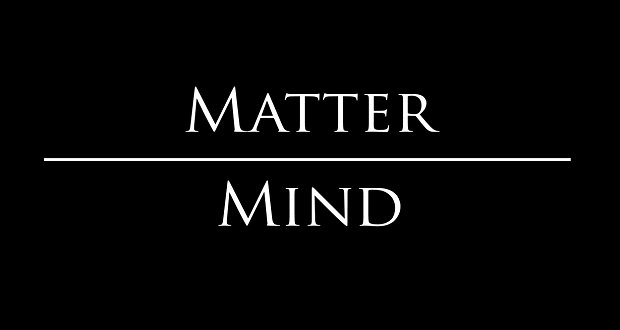
Earlier this week, The Winters Group team had some internal dialogue addressing this very question—is it possible to separate the person from their position? We asked this question in the context of having conversations about polarizing topics. If you watched President Obama’s farewell this week, you probably remember him encouraging us to come out of our “bubbles,” and have more dialogue with those individuals who may not look or think like us, our “others.”
But, if having effective dialogue across difference involves understanding our “others,” who may have significantly different views than our own, how do we remain engaged in doing that when their position/stance is at odds with our identity…or humanity, even.
Examples:
- A black person having dialogue with a white person who does not understand or see the need in reaffirming that Black Lives Matter.
- A member of the LGBT community deciding whether to remain friends with someone who supports legislative measures that discriminate against their group.
- A person with a disability disappointed in a colleague who voted for a candidate that mocked another person with a disability.
- A Muslim at odds with a family member who supports a “ban.”
In these situations, is it possible for the individuals in bold to see past the perceivably problematic perspectives of their counterparts in order to have effective dialogue, particularly when their perspectives are linked to defining aspects of their identity? I don’t believe there is any right or wrong answer, but would be interested in your perspective.
What are your thoughts? Do you believe we can separate the person from the position? If not, why? If so, how? Chime in via the survey below!
Create your own user feedback survey


















